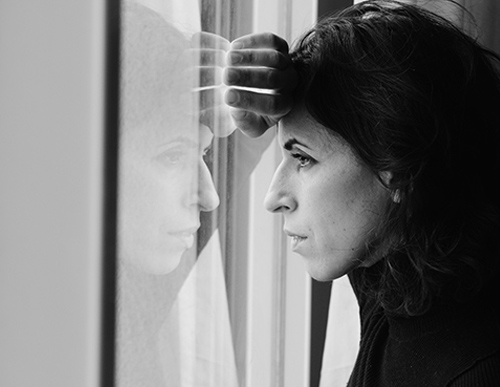
Is hearing loss more than just a minor challenge? An undiagnosed hearing loss can have a profound effect on physical health, job performance and, yes, even social relationships. People tend to take their hearing life for granted, right up until they start noticing little things like conversations that seem unclear or how poorly the sound works on the television. It might take a minute for them to connect the dots between the things they no longer hear and their potentially failing ear health.
Of course, there are ways to circumvent hearing challenges in the beginning like asking people to repeat themselves all the time or turning up the volume but it does change things – beginning with your social life. Consider some ways that your social life might suffer if you don’t take the steps necessary to improve your hearing.
Conversation Slows Down
Communication is a big part of being social, but that becomes a challenge with a gradual hearing loss. It will start small with certain sounds dropping out when you are listening to someone talk. For example, individuals with minor hearing loss notice a change in how the hear words with “S” or “F” clearly. Certain voices might sound faint or mumbled, as well – usually high or low tones.
Over time, the noise around you starts to invade your conversations. It will be impossible to hear anything but the air conditioner or fan running in the background. Something as innocent as the wind blowing around you as you try to have a discussion outdoors on the patio leads to frustration.
You may begin to feel left out as the people around you talk but you struggle to hear and understand everything they say. That feeling of isolation in a room full of conversation has an impact.
Isolation Becomes Real
Being unable to hear what a loved one, friend or family member says can cause conflicts. The loved ones in your life start to treat you differently as the hearing loss takes hold. They go out of their way to avoid conversations because you don’t understand what is being said. They can’t talk to you, so it makes them feel uncomfortable to even try. The phone stops ringing because you never answer anyway. When you do hear it ring, it’s a struggle to interpret what is being said.
Your friends don’t ask you to hang out anymore, either. You never understand the movies or TV show, so what’s the point. When your hearing loss started, you may have felt isolated even though you weren’t, but as it progresses, you really do spend more time alone or socializing on social media pages instead of face-to-face.
Intimacy Becomes a Thing of the Past
They say really good relationships require effective communication, but that gets worse as hearing diminishes. What once was a healthy partnership built around your ability to talk to one another is now just problem after problem. Maybe, you that special someone assumes you forgot to pick up milk but you never heard her ask or you miss a romantic evening out because you heard the time wrong when he said it.
If your special friend gets frustrated regularly because every conversation is full of you saying “What” it takes a toll. As difficult as it is to experience hearing loss, it’s just as hard to see a change in someone you love without understanding why it’s happening. You lose that connection you once had with a close friend or partner because you refuse to accept that you need to see a hearing professional for help.
It’s depressing to think of how many ways losing your can hearing cost you, but for most people, there is hope. It’s estimated that 14 percent of people between the ages of 45 and 65 suffer mild to moderate hearing loss. For these individuals, getting a professional hearing test and investing in hearing aids is all it takes to return them to the social life they once enjoyed.
